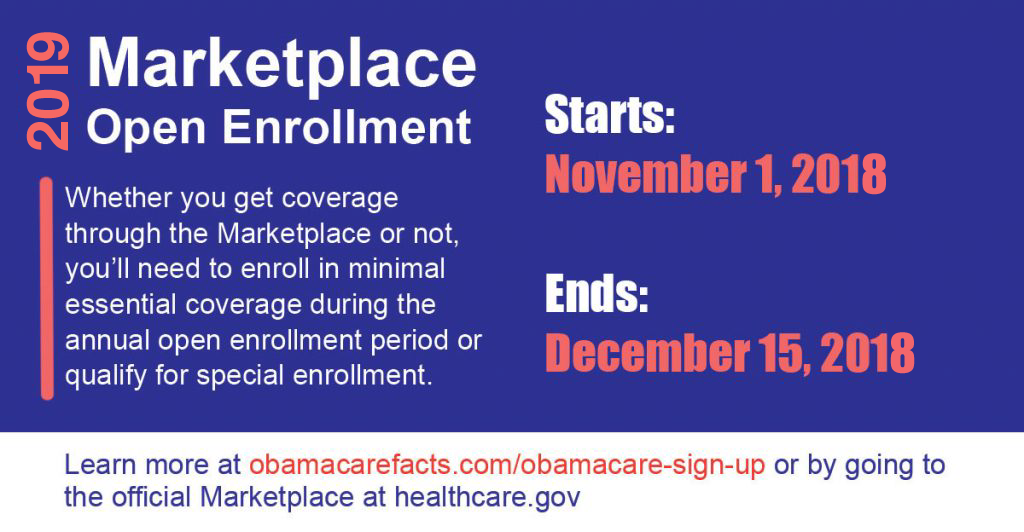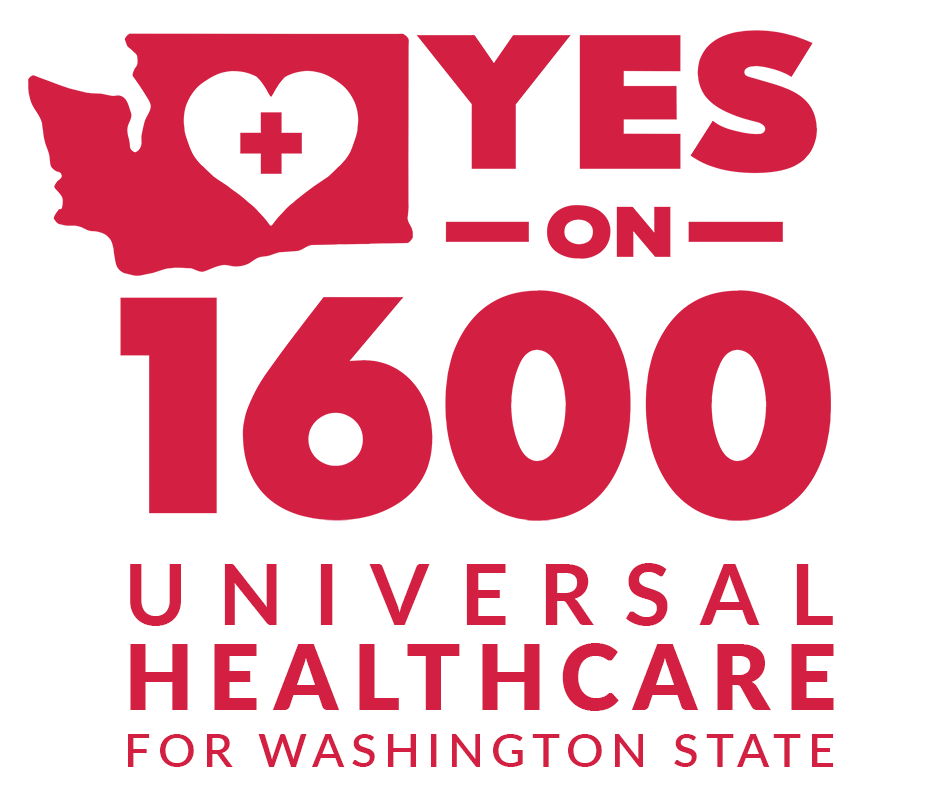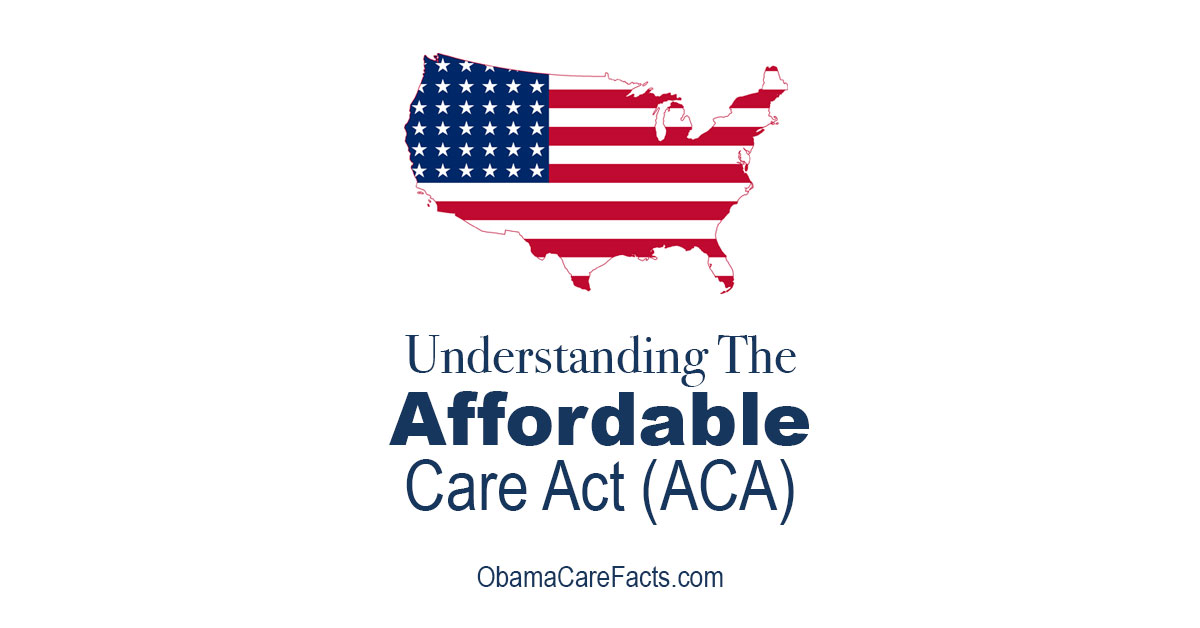Who Uses ObamaCare?







Everyone who has health coverage uses ObamaCare in one way or another. It is a misconception that only one demographic is impacted by the Affordable Care Act. Those who are impacted the most by ObamaCare’s provisions are those covered under the expansion of Medicaid, those who qualify for cost assistance, those who got covered by… Read More



